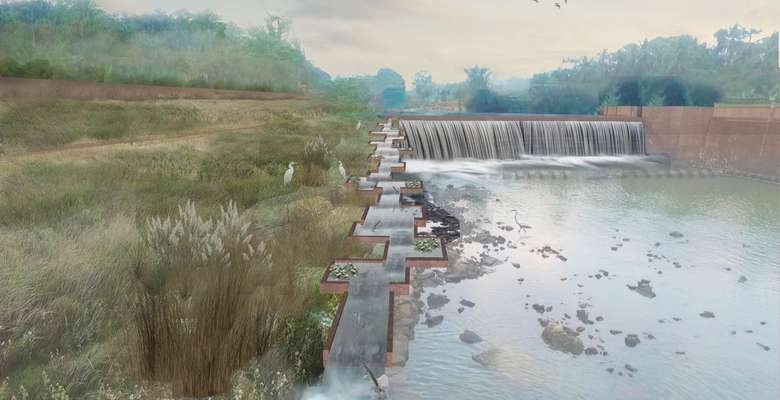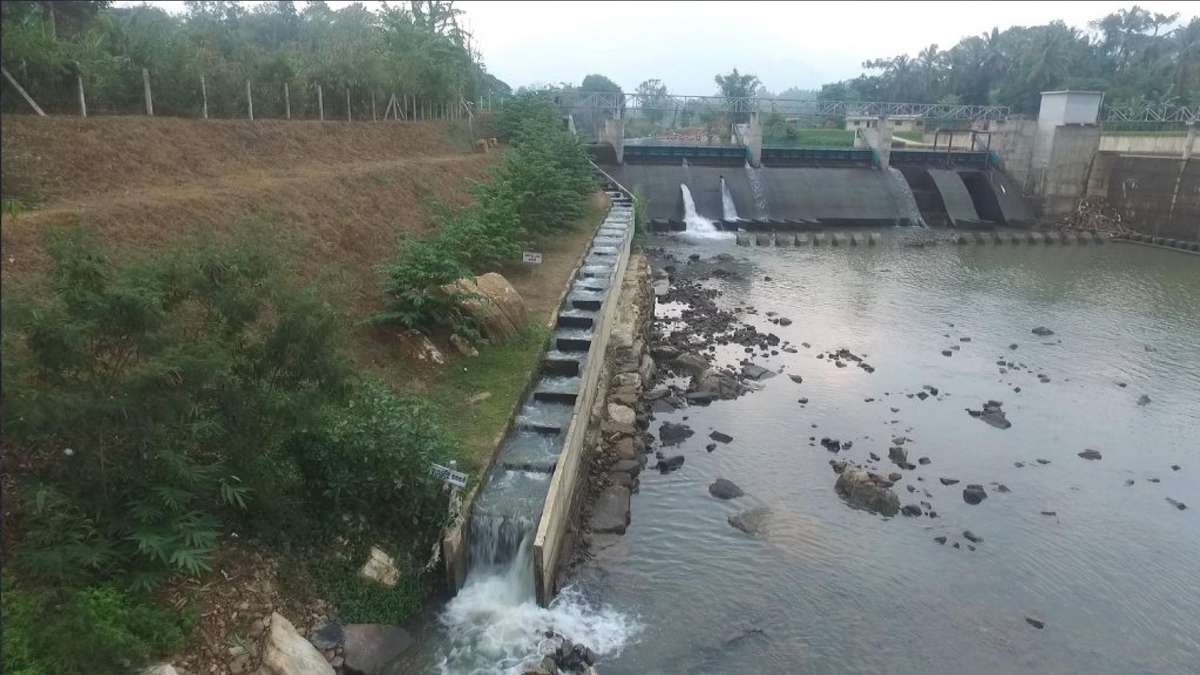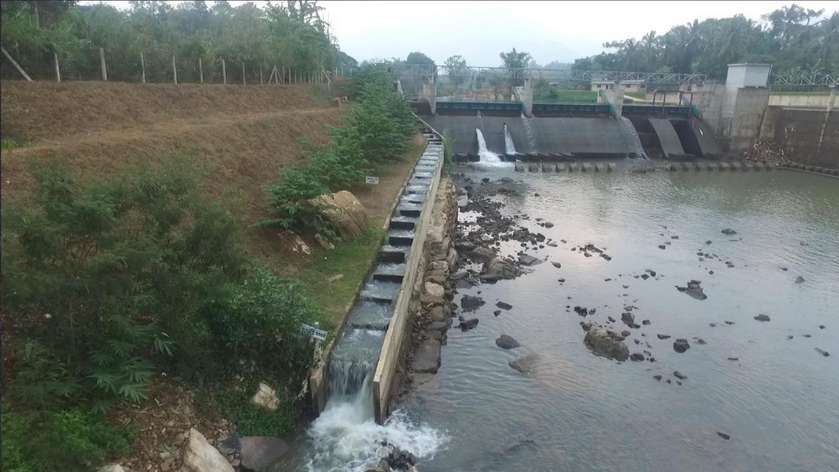Idea by
Lenka Holcnerova
Atelier HOLCNEROVA
Call for ideas 2020
Ankanda case study
Ankanda case study

- Site-specific cases
The retrospective project of a minihydro plant is a case study for a developer building electric plants in several locations around the world. Minihydro plants have indisputable advantages as renewable, clean source being able to contribute to the development of remote communities. Unfortunately some of the environmental consequences remain: construction of infrastructure in often pristine areas and creating barriers for both humans and wildlife. I believe it´s the responsibility of architects to contribute to resolve these issues. After visiting some of these structures I realized that they should not be put behind fences to create obstacles to a natural environments of river flows, they must be architectonically approached so that they are able to live in symbiosis with nature. Instead of creating barriers, creating new connections like submerged bridges, water vails over weirs, fish ladders with ponds and other interventions, preserving a democratic approach to the water flows.

Ankanda in actual state as purely utilitarian infrastructure
Ankanda case study
Ankanda case study

- Site-specific cases
The retrospective project of a minihydro plant is a case study for a developer building electric plants in several locations around the world. Minihydro plants have indisputable advantages as renewable, clean source being able to contribute to the development of remote communities. Unfortunately some of the environmental consequences remain: construction of infrastructure in often pristine areas and creating barriers for both humans and wildlife. I believe it´s the responsibility of architects to contribute to resolve these issues. After visiting some of these structures I realized that they should not be put behind fences to create obstacles to a natural environments of river flows, they must be architectonically approached so that they are able to live in symbiosis with nature. Instead of creating barriers, creating new connections like submerged bridges, water vails over weirs, fish ladders with ponds and other interventions, preserving a democratic approach to the water flows.

Ankanda in actual state as purely utilitarian infrastructure